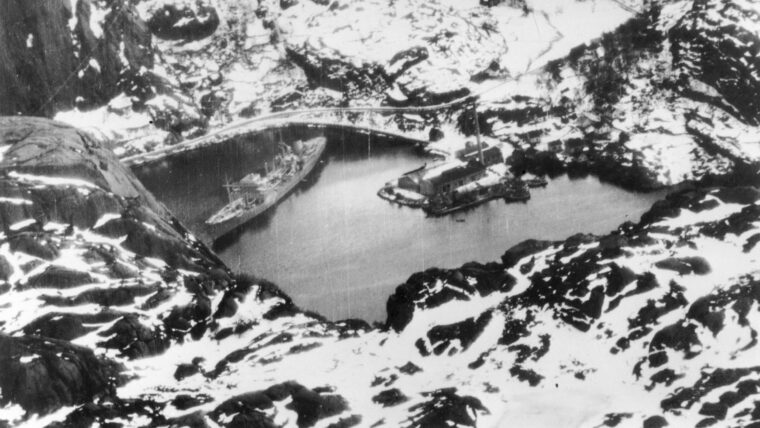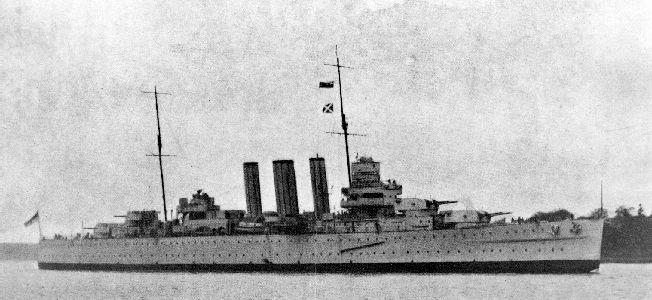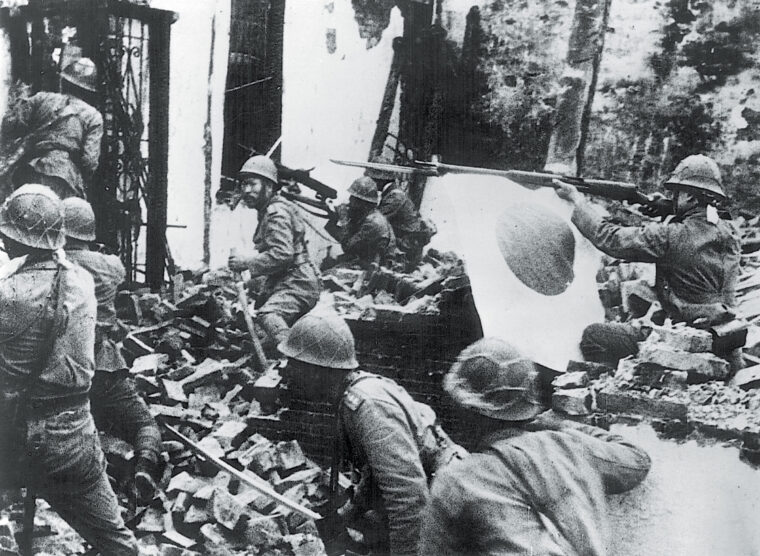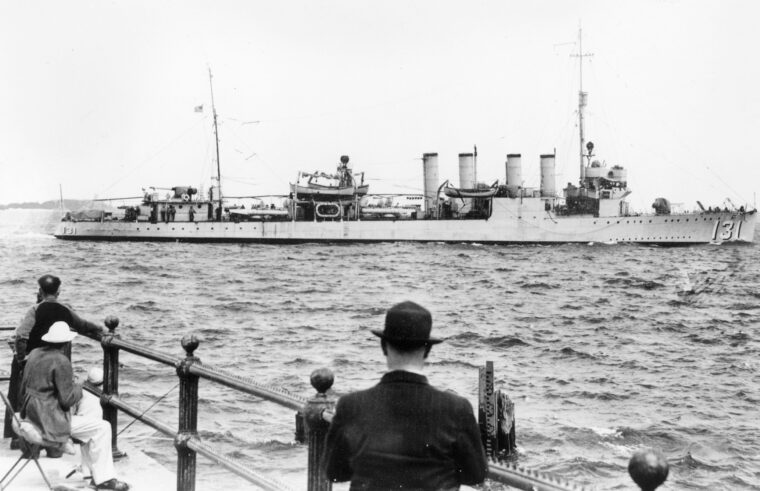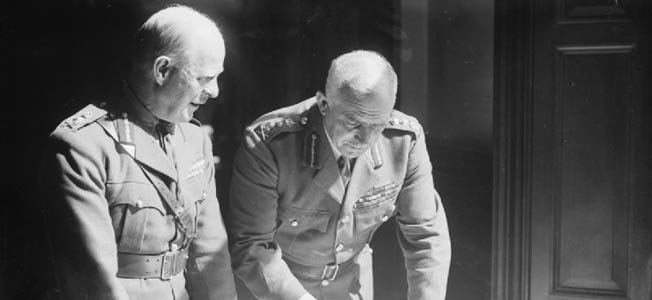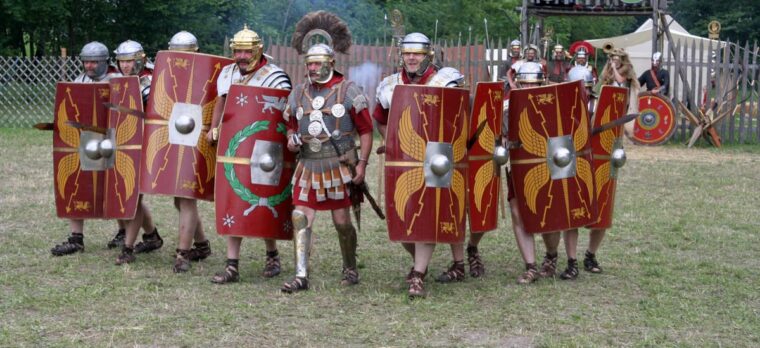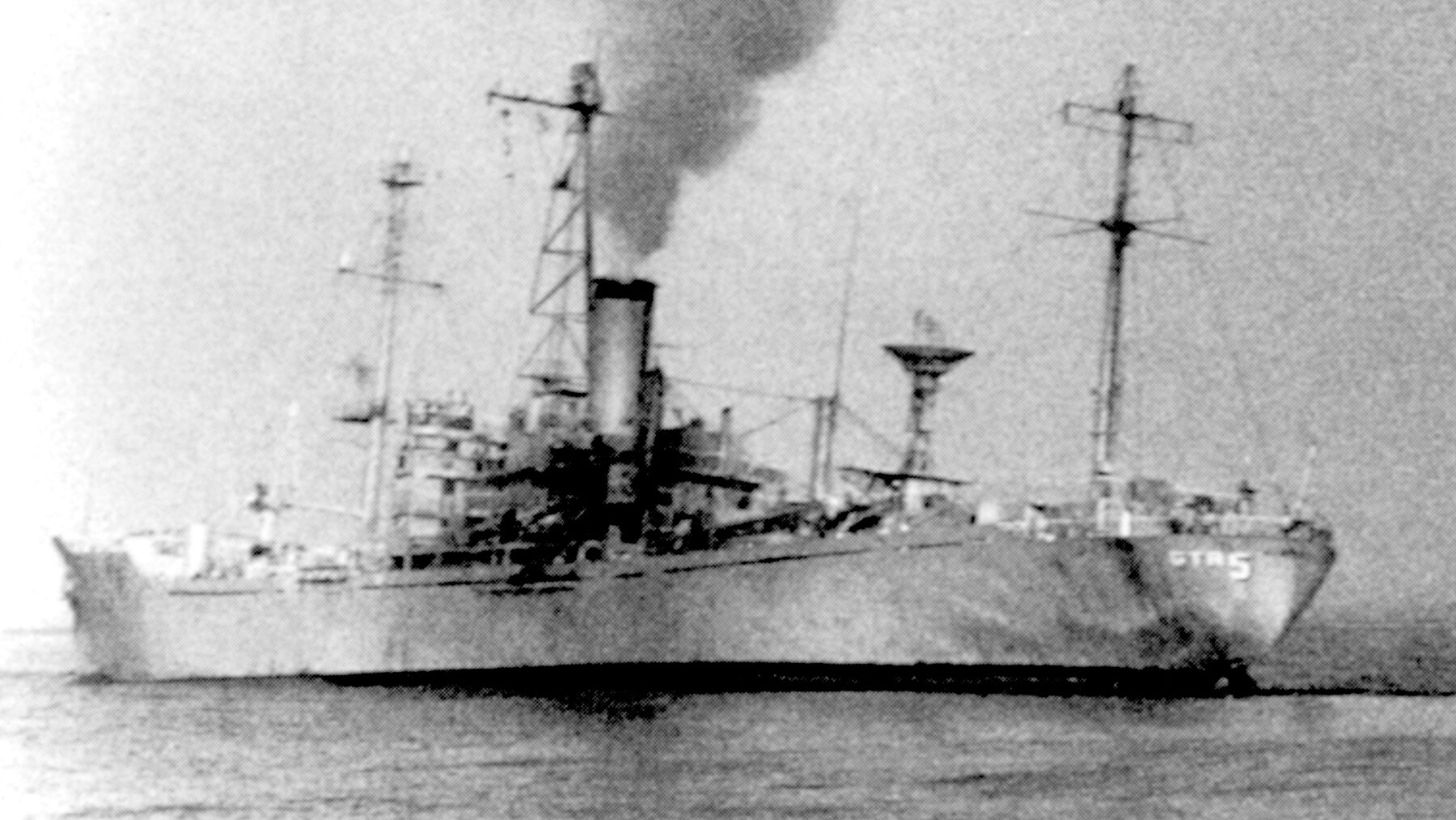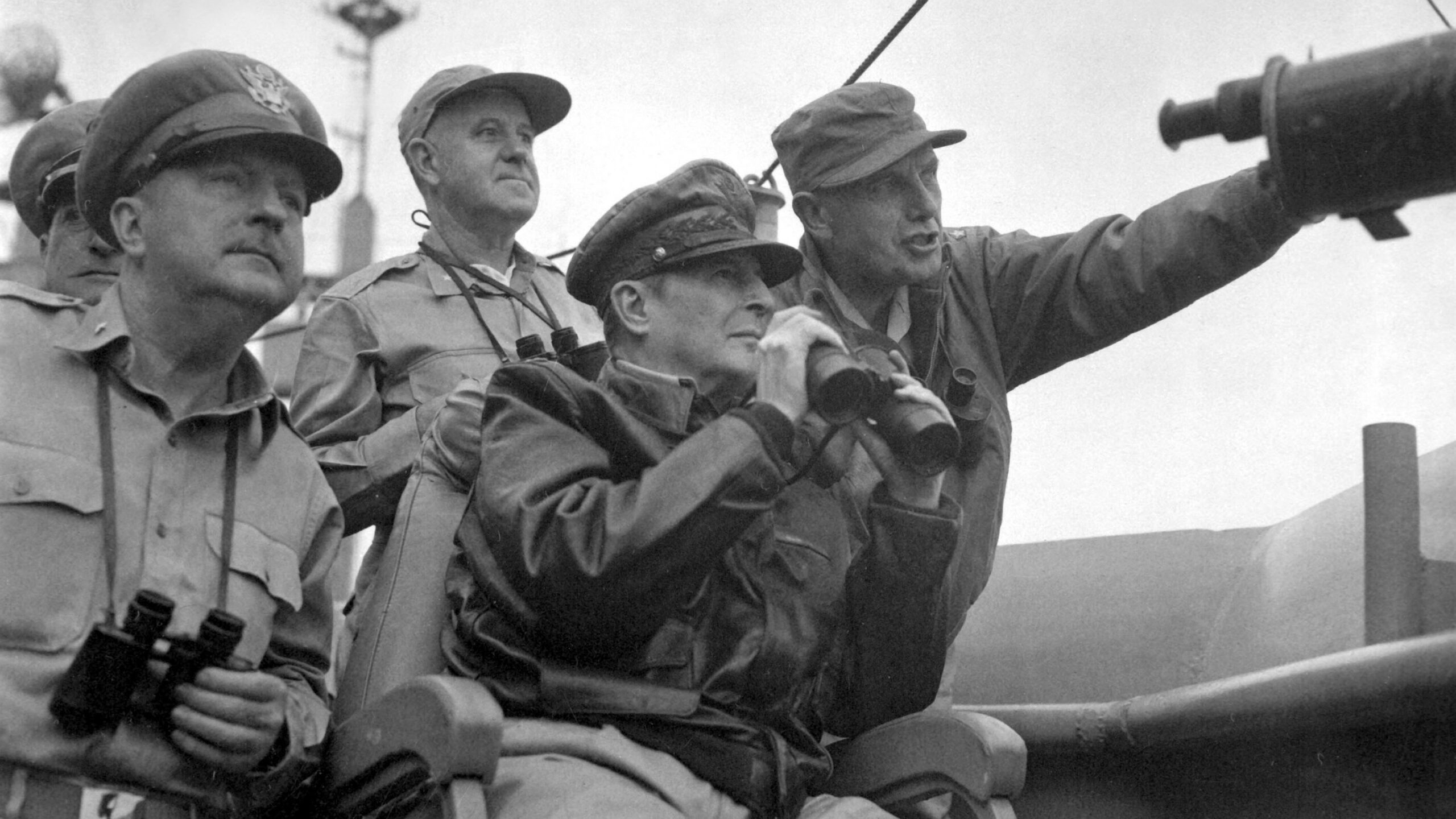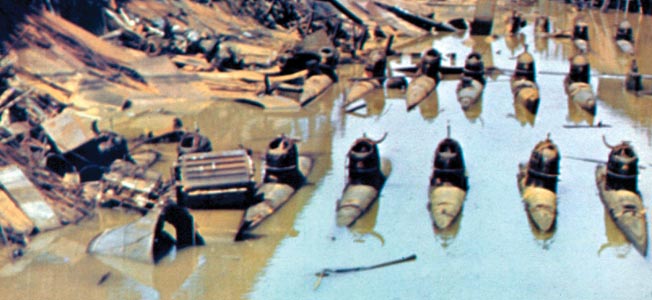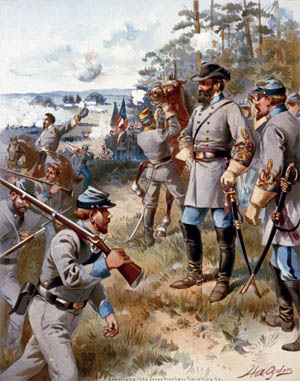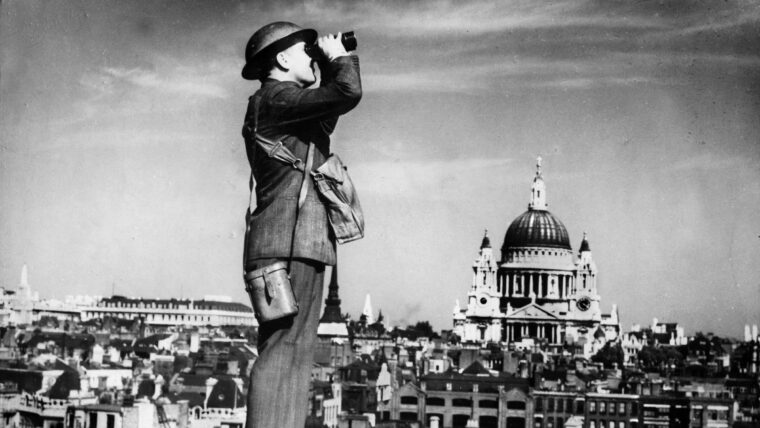
Neville Chamberlain
Sitzkrieg on the Western Front
By Michael HullWithin hours of the entry of Great Britain and France into World War II on September 3, 1939, the British liner SS Athenia was sunk by a German U-boat off the northwestern coast of Ireland, with the loss of 112 dead, including 28 American citizens. Read more
